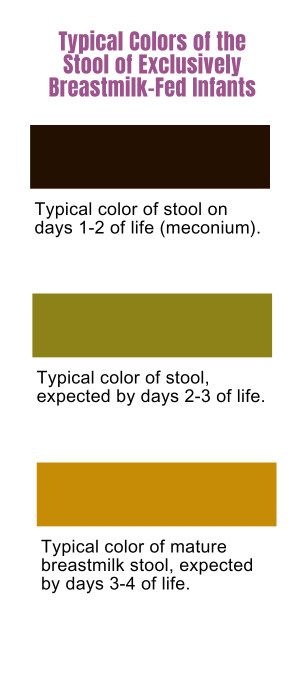These three questions will guide you to determine if your infant is consuming enough calories by your breastmilk alone. Be sure to read beyond these three questions for more specific information that will help you as you gain confidence in your child’s feeding progress.
2 minute Assessment
(Answering “yes” to all three likely indicates your child is well-fed.)
- Is your baby feeding 10-12 times in a 24-hour window?
If yes, it is very likely your child is well nourished. While some say 8-12 feedings will work just fine, we suggest tracking in that 10-12 times range. This is an ideal number, like looking at a goal to meet. If you are feeding your child less than that, that could be alright too depending on how you would answer the next two questions: - Is your baby gaining weight?
In the first 3 days of life, it is normal for your infant to lose 5-7% of their birth weight. With that in mind, if your baby is older than 4 to 5 days old, is your child gaining weight?
If the answer is yes, you’re seeing an indicator that your baby is eating enough to grow. This is great news. If you are unsure, get on the scale with your child and deduct your weight, that’s a quick way to see how they are growing. You can also visit us for a complimentary weight check, we have an incredible scale that is designed for little ones. - Is your baby peeing and pooping?
If the answer is yes, sorry about the mess but be excited for clear evidence your child is properly processing the nourishment you are providing through your breast milk. If the answer is no, we would strongly recommend contacting us for a phone consultation so we can help you assess the next best steps for your child.

Learn More
- Feeding
- Weight gain
- Diaper expectations
More on feeding 10-12 times a day
Though there are many factors to consider, we recommend boosting your feeding so your breast milk supply is protected and supports the growth of your child.
More on weight gain by days on earth
After the initial birth weight loss, on about day 4 or 5, your infant should begin gaining weight. By day 14, your infant should return to their birth weight. After that week, according to modern research, the weight gain should be about 1 ounce per day in the early months. Every baby is different, but this measurement of an ounce per day is an ideal standard.
More on urine & fecal output
On day 1 your baby should have one wet and one dirty diaper. By day 2 we are looking for 2 wet diapers and 1 dirty diaper. Wet diapers should increase by 1 per day until day 5 when we see more than 5 soaked diapers daily. By day 3 we want to see 2 or more dirty diapers daily. In addition to watching for these clear signs of your child’s body processing the nutrition you are providing, this is a great time to also watch for other signs of a healthy diaper.

Stool information
•Day 1 or 2 is the meconium bowel movement. PRO TIP: When you put your baby’s first diaper on, put 1 TBS of EVOO on your newborn’s bottom so the meconium slides right off rather than sticking to that new skin.
•Check the color of your child’s stool. The meconium will be a dark color, the transition stool will be an olive color and the more consistent stool moving forward will be a terracotta or mustard color.
Urine information
•It is crucial that the infant is hydrated properly throughout your breastfeeding journey. Your milk supplies the hydration that directly impacts proper digestive regulation for your child.
•For the first few days the newborn body may pass urine that appears pink or peach in color and may appear “dusty”. This is due to urate crystals and should shift to normal healthy urine within a short time when they are taking in breast milk.
It is an honor to support you in this journey. Please do not hesitate to call us with questions about the information we are providing.

